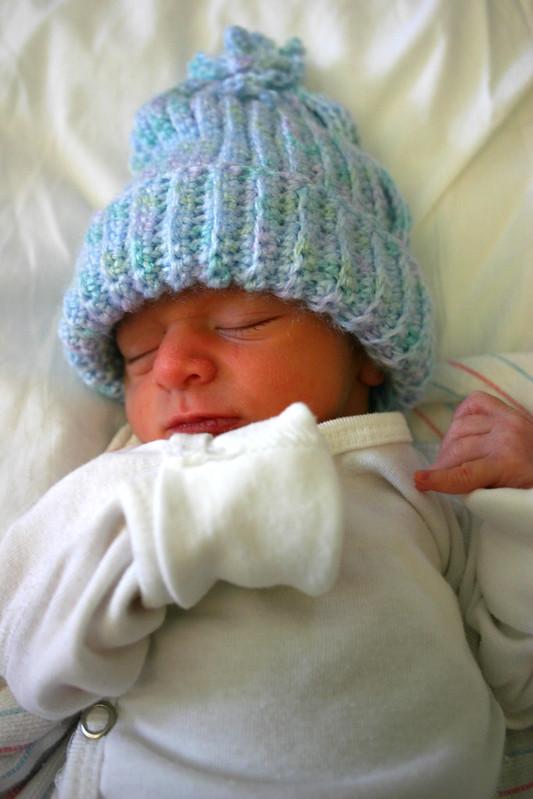The COVID-19 pandemic significantly raised the risk of preterm birth for expectant California mothers, and vaccination likely prevented thousands of them, according to a study today published in Proceedings of the National Academy of Sciences.
But within 1 year of the arrival of COVID-19 vaccines, that risk virtually disappeared in ZIP codes reporting high vaccination coverage, suggesting vaccination was a key strategy in mitigating preterm birth risks caused by SARS-CoV-2 infection.
Preterm birth is defined as birth before 37 weeks gestation.
"By summer 2021, having COVID-19 in pregnancy had no effect on preterm birth risk in these communities," said study author Jenna Nobles, PhD, of the University of Wisconsin–Madison in a university press release. "It takes almost a year longer for that to happen in the ZIP codes with the lowest vaccine uptake."
The study suggests the US vaccination campaign likely prevented thousands of preterm births and reenforces the importance of maternal COVID-19 vaccination.
Sibling birth timing compared
To conduct the study, Nobles and Florencia Torche, PhD, of Stanford University, analyzed California birth records and compared sibling births to help control for the pandemic's impact on different demographic groups. Outcomes among women who tested positive for COVID-19 at the time of birth were compared to unaffected prior births.
"Matched-sibling data support a fixed-effects approach comparing 'treated' infants exposed to COVID-19 infection in utero with their 'untreated' siblings," the authors wrote. All births from 2014 to 2023 were considered in the study.
When preterm births were compared to sibling unaffected by COVID-19 infections, infection during pregnancy increases the probability of preterm birth by 1.3 percentage points, from 7.1% to 8.4%.
"This effect is roughly equivalent to in utero exposure to a 9 percentage point increase in the area-level unemployment rate or to high-intensity wildfire smoke for 20 [days]—an enormous impact," the authors wrote.
Large effect seen in 2020
COVID-19 infections had the biggest impact on preterm birth rates through the end of 2020, raising the likelihood of preterm birth by an estimated 5.4 percentage points (from 6.9% to 12.3%, a 78% increase).
But through 2021 the impact decreases, and by 2022 it is nonexistent, the authors found, even during the Omicron surge of infections.
The effects of COVID-19 on infant health may be among the most enduring legacies of the pandemic.
Though the authors did not have vaccination status in California birth records, they used ZIP code data to calculate the impact of vaccination on birth outcomes. Across California, vaccination rates increased sharply in the spring and early fall of 2021, plateauing at around 70% for the entire population by March 2022.
"The impact of COVID-19 is similar across high- and low-vaccination areas until May 2021. Given that vaccines were not available until the spring of 2021, this result is consistent with the hypothesis that vaccines reduced the harmful infant of COVID-19 infection on infant health," the authors wrote.
"The effects of COVID-19 on infant health may be among the most enduring legacies of the pandemic," Torche said in a Stanford University news release. "I hope the study provides strong evidence supporting the benefits of vaccination for the health of the next generation."
She added, "Unfortunately, even if the adverse impact of COVID-19 infection on preterm birth has plummeted to zero, this adverse impact is likely to emerge again as the virus continues to evolve and mutate, and as vaccine-driven immunity wanes."



















